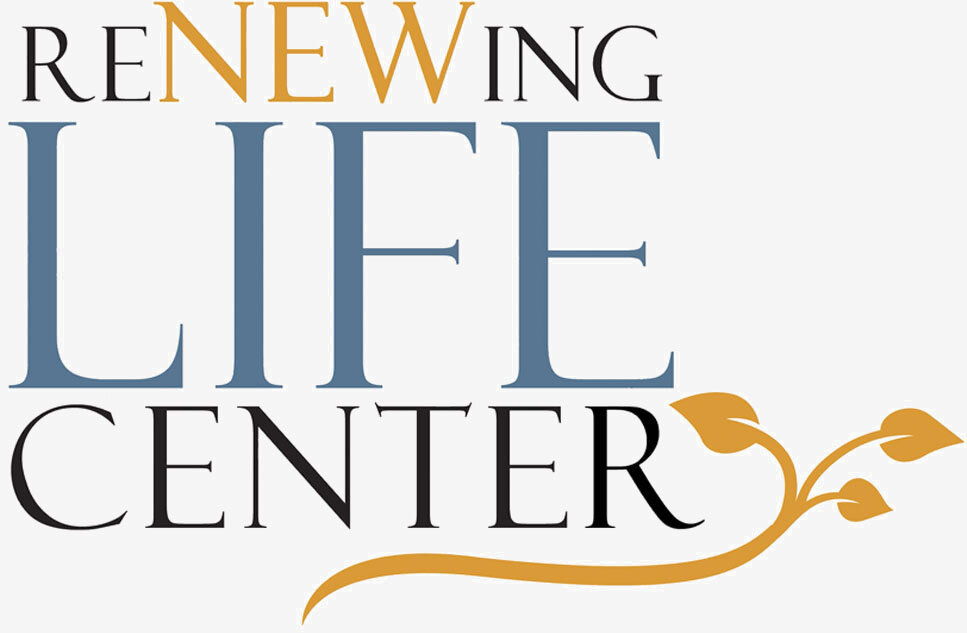Parenting Adult Children
My wife and I have had the privilege of raising four kids. We have seen many different seasons of parenting come and go from toddlers to school age, to college and beyond. Our children now range in age from 27 to 42. Several are married, and a couple have children of their own. I can honestly say that while each stage had its challenges, we enjoyed them all.
Parenting is a lifelong journey that continues even after our children have grown into adults. So, how do we foster healthy relationships with our children during this stage of life?
Communication is Key: Maintaining open and effective communication with your adult children is paramount. As they gain independence and make their own decisions, it's crucial to listen actively and express your thoughts and concerns without being overly controlling. Engage in meaningful conversations that allow everyone to share their perspectives and emotions. Avoid giving unsolicited advice; instead, offer guidance when asked. I will sometimes ask one of my children, “Are you open to my thoughts or feedback on this issue?” Treating your adult children as equals in conversations can strengthen your relationship and build trust.
Help them transition to adulthood: Becoming an adult, with all the responsibilities and demands that come with it, is difficult. Research has shown that young adults today are leaving their parents’ home later in life and are more likely to return for a season. Much of this is a result of the financial realities young adults face. The cost of education and housing have outpaced the wages of a single adult and young adults are getting married later in life than their parents and grandparents. Decisions about helping adult children financially or how long they will live with you are best made through the lens of: Is this moving them towards or away from responsible adulthood? Allowing your child to live with you while in college or perhaps while they save for a down payment on a house or allowing them to return because of a major life setback may fit the criteria of helping them move toward responsible adulthood. On the other hand, allowing a child to live with you (or supporting them financially) when they choose not to work or go to school, may be moving them in the opposite direction.
Keep up the family connections (and fun): Parents can certainly champion the value of staying connected as a family. Weekend dinners (if your children live in town), game nights, one on one activities, holidays, and family vacations are all ways to stay connected. These activities can also help your children stay closer to one another. My wife and I have tried to initiate a whole family vacation every year and we do our best to coordinate plans for holidays. As children grow older, get married, have children. and enter more demanding careers (and in our case live in different states and countries) it certainly gets more challenging, but it’s worthwhile when it all comes together.
Transitioning to a Friendship Dynamic: As your children grow into adulthood, the parent-child dynamic can gradually evolve into more of a friendship. This transition doesn't undermine your role as a parent; instead, it signifies a deepening of your connection. Enjoy shared interests, engage in hobbies together, and create new memories that align with your changing relationship. Mutual respect and understanding will lay the foundation for a meaningful relationship for years to come.
Please remember that the staff at the Renewing Life Center is here for you and your family. Feel free to reach out to our office at 702 434-7290 if we can serve you in any way.
Mark Whelchel, M.S., LMFT

